Using the motion of sound waves through a superfluid liquid, scientists can model the Universe’s evolution on a reasonable time scale.
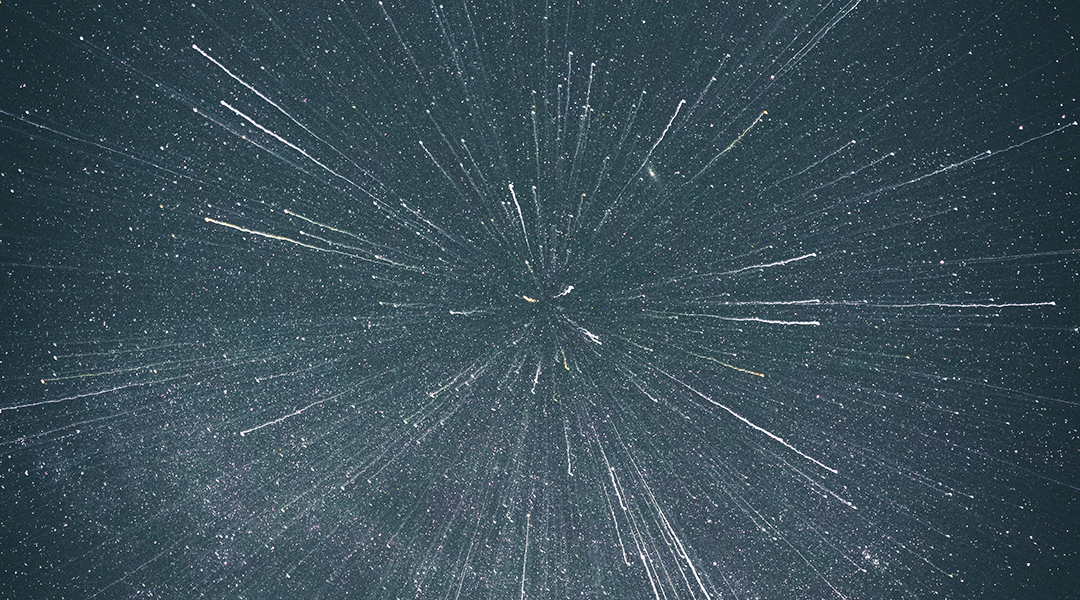

Using the motion of sound waves through a superfluid liquid, scientists can model the Universe’s evolution on a reasonable time scale.
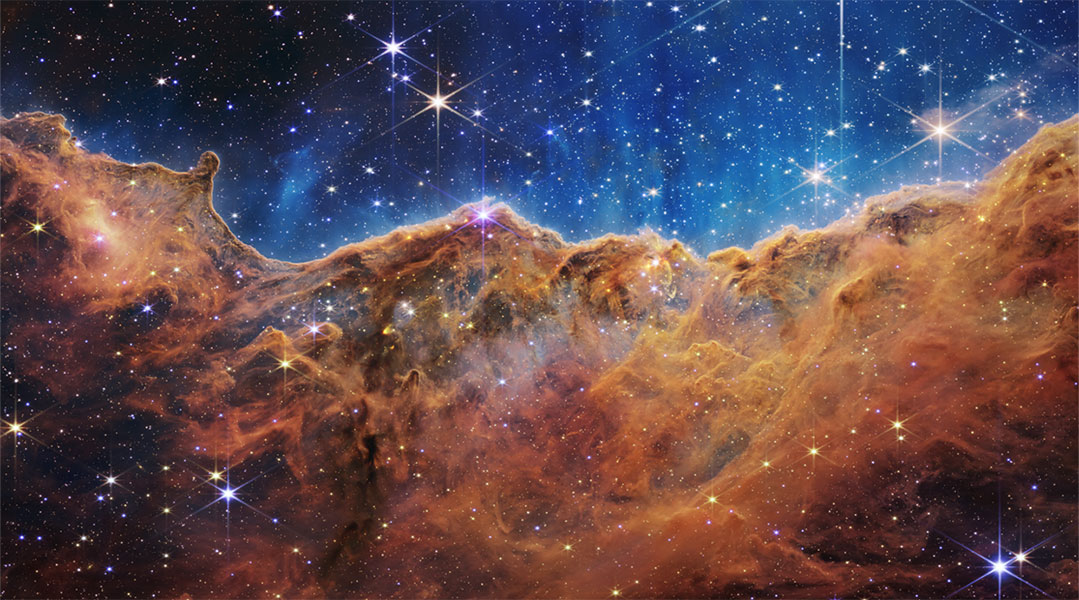
Astronomers are discovering that the rate of star formation in the universe is dropping, and they want to know why.
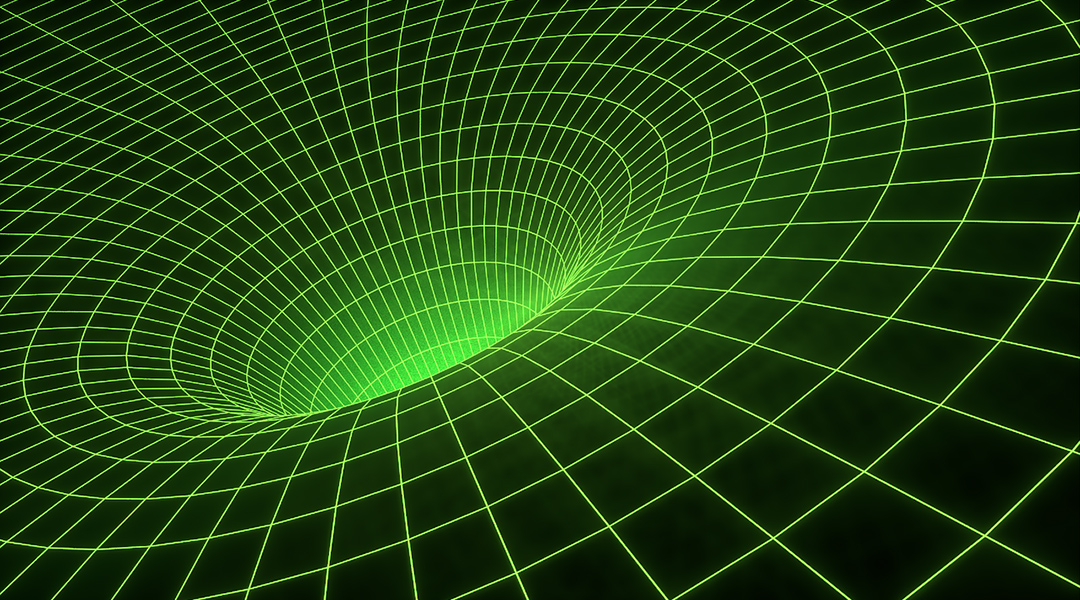
To address unknown quantum gravitational effects in the early universe, physicists have recruited string theory to help solve the problem.
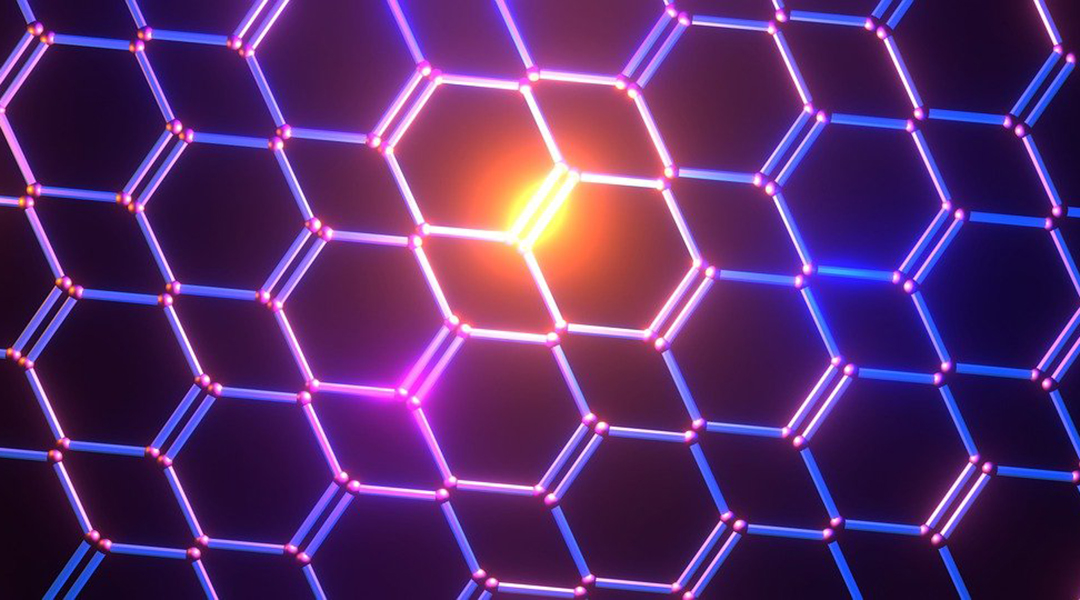
Using bilayered graphene, physicists explore the possibility that our reality is only one half of a pair of interacting worlds.
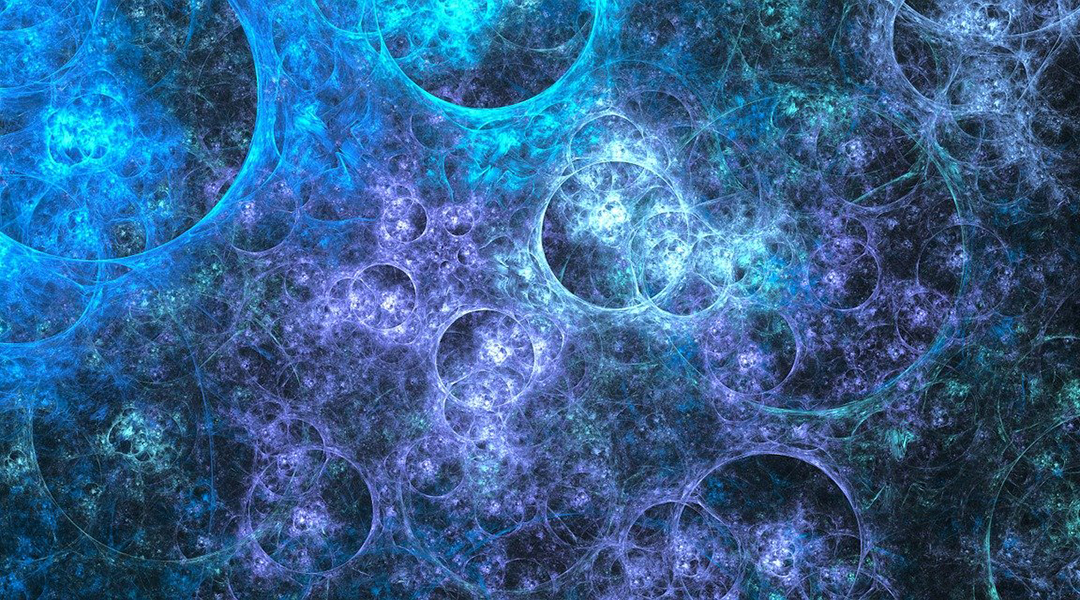
Gravitational waves produced by the phase transitions of matter right after the Big Bang could provide new insights into particle physics.
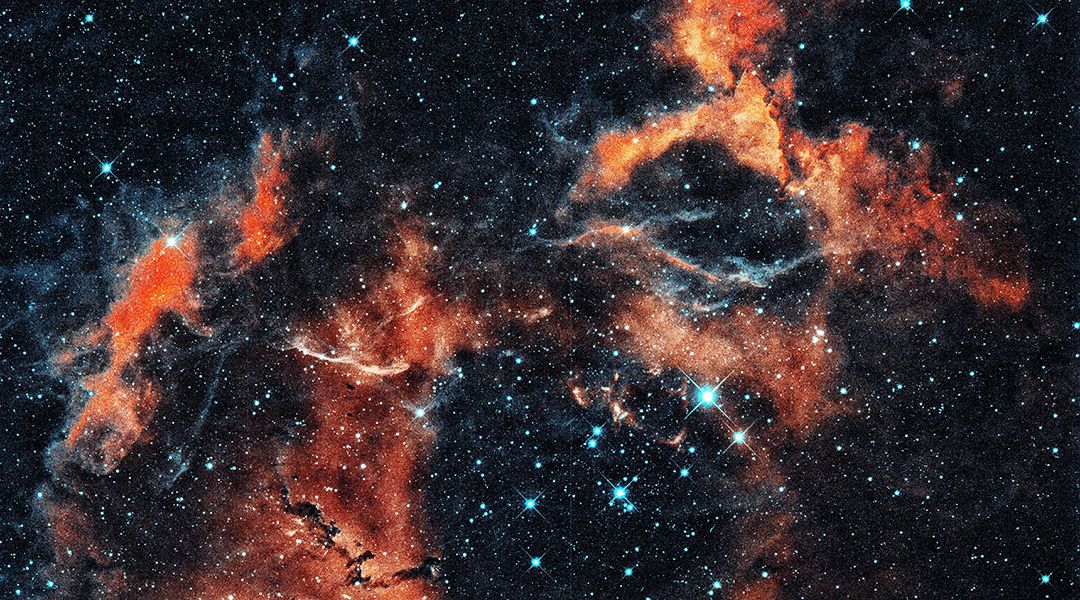
Using an artificial neural network and AI, researchers are developing a powerful computational tool to model particle physics following the Big Bang.

Chemical signatures give away the distance to the farthest galaxy, which experts say defines the very boundary of the observable universe.
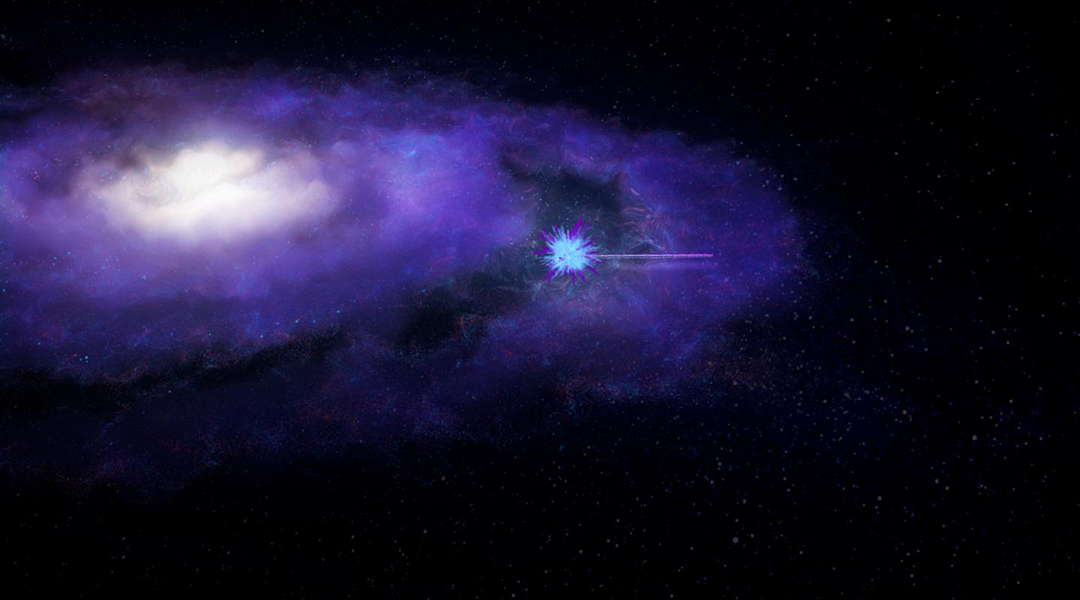
Bright bursts of radio waves help astronomers locate a type of matter that researchers have been searching for for the past 30 years.
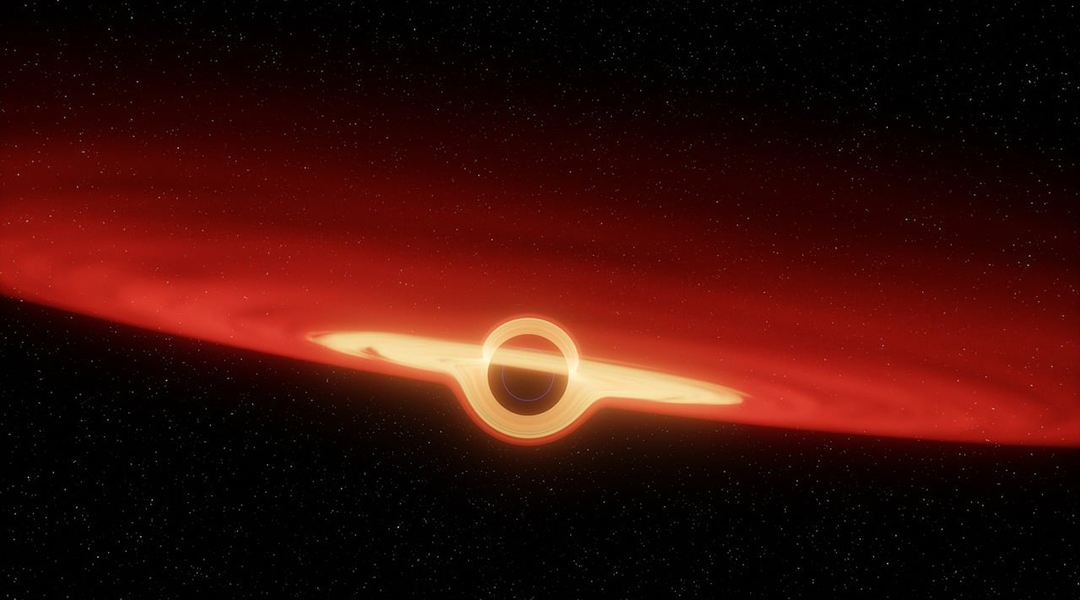
Small primordial black holes could have consumed the interiors of planets or asteroids, leaving their outer shells intact.
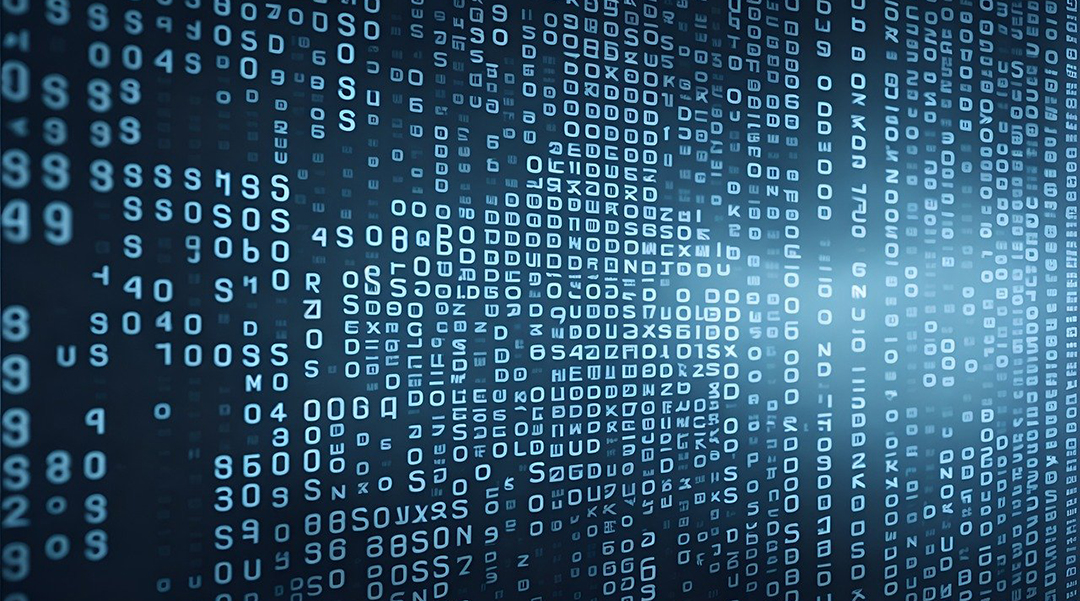
Scientists are using crystal imperfections to generate secure encryption, paving the way for quantum-resilient data protection.